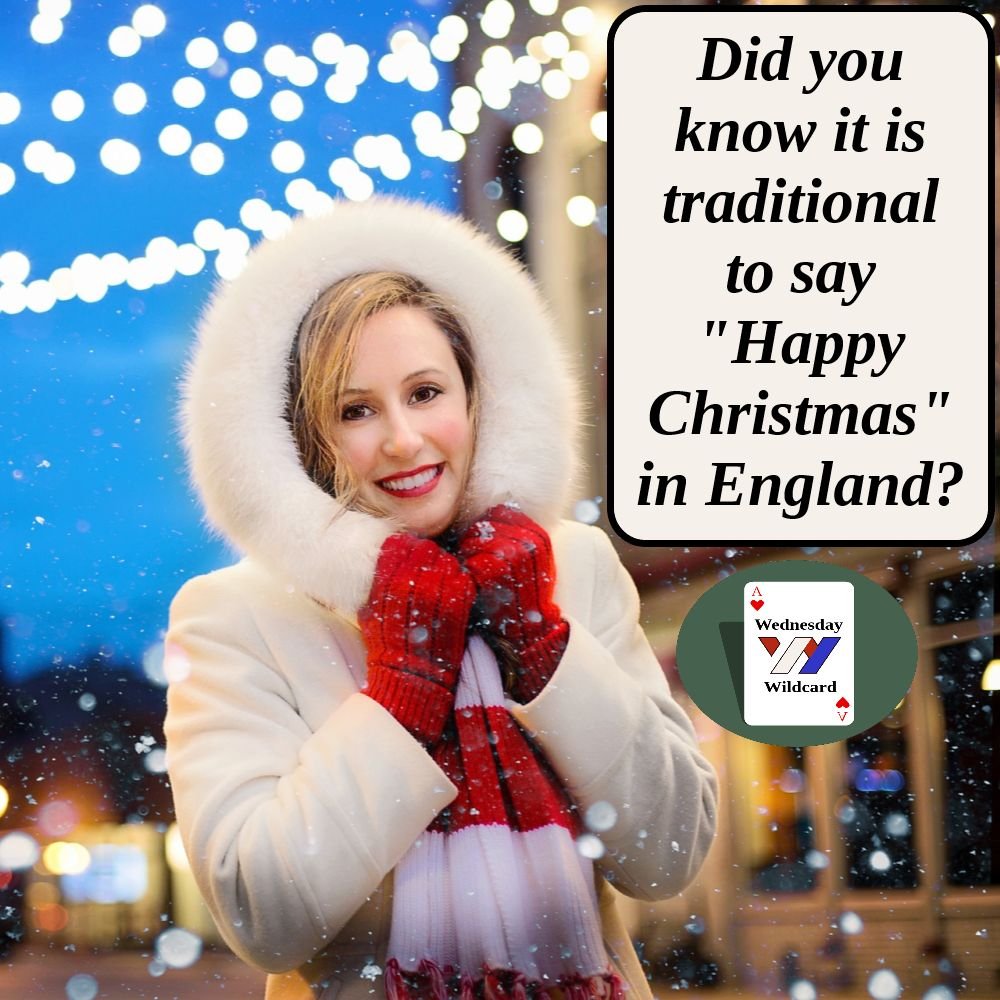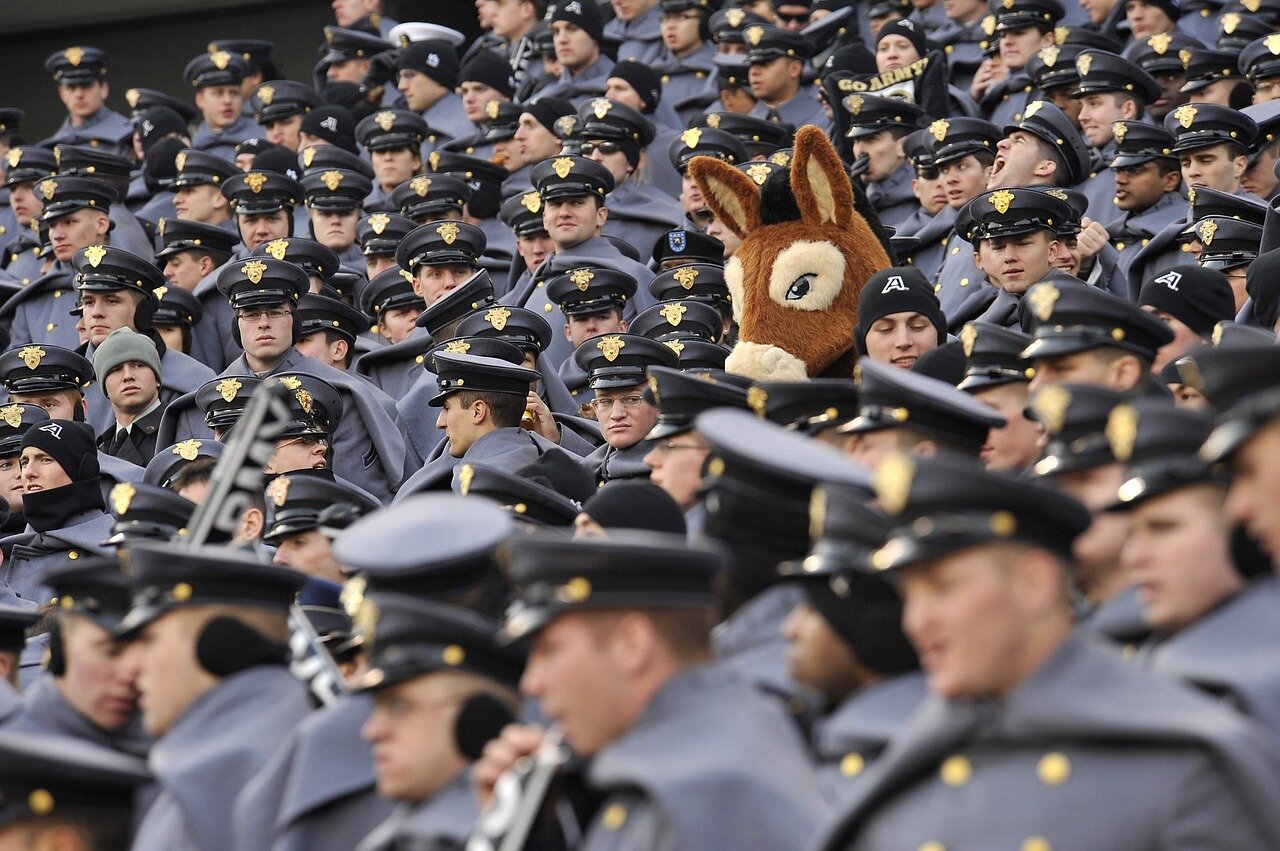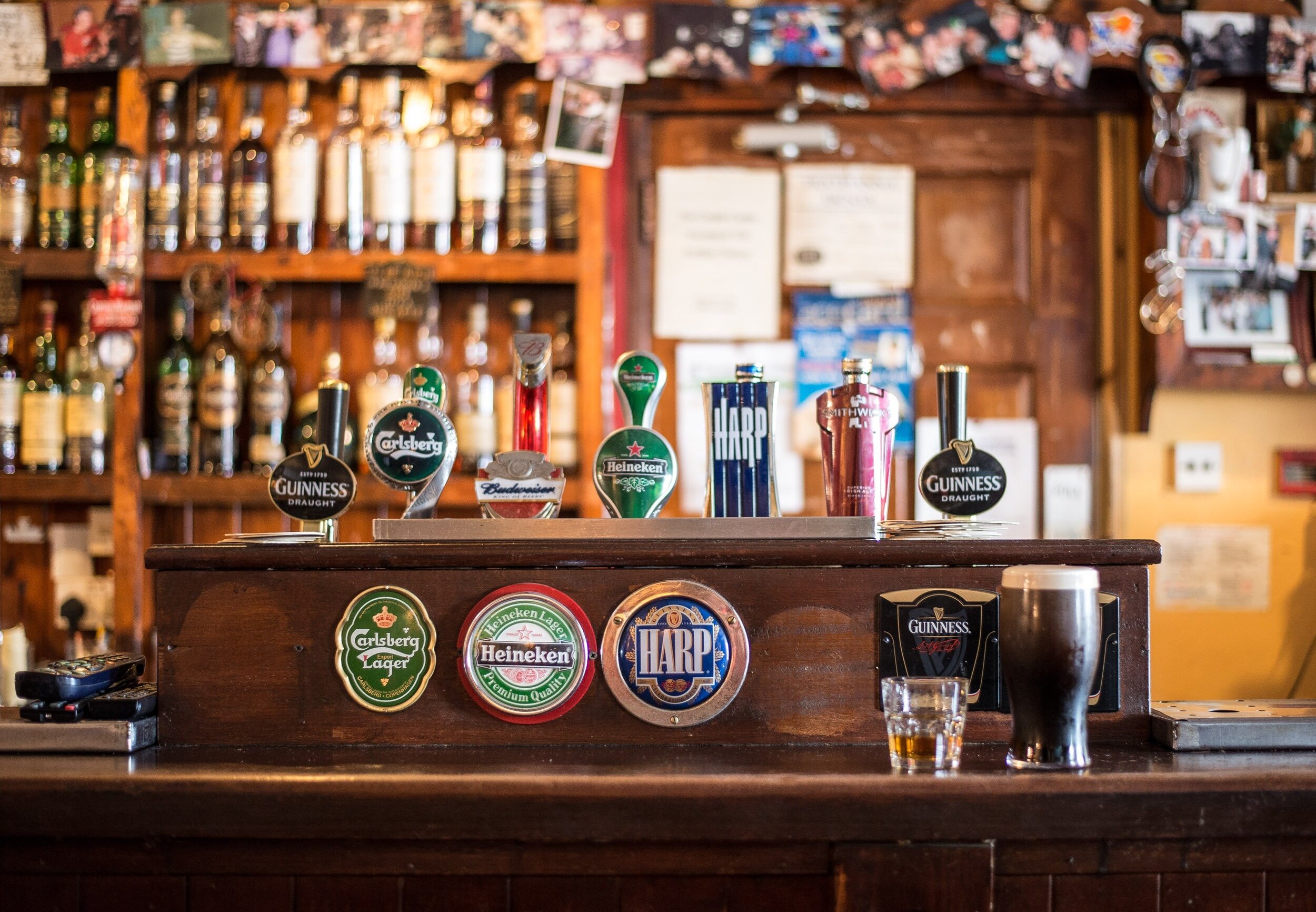
Weird But Educational → The Wright English Blog
Weekly Series
Vocabulary Showcase - Mondays
Business Builder - Tuesdays
What The Fluff Wednesday - Wednesdays
GCSE and A-Level Goblin - Thursdays
Gateway to Grammar - Fridays
Blog Topics

Wednesday Wildcard: Happy Christmas, not Merry!
We all know the common American phrase “Merry Christmas” as we see it on the TV and in a lot of films. Did you know that in the UK we say “Happy Christmas” instead?

Vocabulary Showcase: “love”
Maybe you are all loved out already, but let’s have a look at some other ways of saying love in English

Sunday Funday: Happy Valentine’s day

Saturday Supplement: 150 Instagram followers!
I started the Wright English Instagram, learn_english_the_wright_way, in September 2020, and I’m so happy to see that it has reached 150 followers already.

What is a Mascot? Where Does the Word Come from?
When you buy a packet of Kellogg’s Frosties you see Tony the tiger looking strangely humanoid (like a human), and we have all been intimidated by the terrifying clown at McDonalds. These are mascots. Mascots are characters that represent a brand, a product, or a business. Wright English has Rupert the adorable (cute) fat robin. Rupert represents my lock-down tummy, my relaxed attitude to life, and he is permanently celebrating life like me.

Vocabulary Showcase: Great Britain – Land of the Tattooed People
The English language is generally accepted as a language with most of its origins being from North West Germany. What do we make of the name ‘Britain’ then? That’s not Germanic. So where does it come from?

Vocabulary Showcase: Hindi’s Colourful Influence on the English Language
Britain and India have a long history together. As a result of this history, the English language has many Hindi words that we use every day without even thinking about it.
Nirvana - Heavenly spiritual enlightment

Vocabulary Showcase: Synonyms for ‘Unity’
Unity: Being united or joined together as 'one'. We are living in a time when working together and thinking of others keeps ourselves and the rest of the world safe. More than ever before we need to be united as one people. So here are some other ways to describe oneness in English:

Vocabulary Showcase: Pub or Bar? What’s the Difference?
The pubs (short for public houses) are opening again in England today. Have you ever wondered what the difference between a pub and a bar is?
